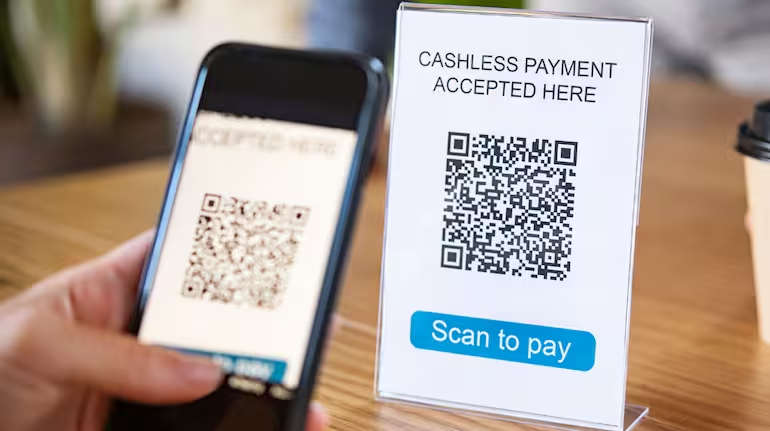
NPCI has announced new rules for UPI number based payments effective April 1, 2025. Banks and PSP apps are required to update mobile number records weekly to minimize errors. Users must explicitly opt in for UPI number seeding and consent cannot be obtained before or during transactions. If NPCIs system delays a response PSP apps may resolve UPI numbers locally but must submit monthly reports on such cases. All UPI participants must comply with these regulations by March 31, 2025.
What Are the New UPI Rules?
NPCI’s updated guidelines primarily focus on mobile number based UPI transactions. The key highlights of the new rules include:
- Regular Mobile Number Updates: Banks and PSP apps must update their customers mobile number records at least once a week to ensure accuracy and prevent fraud.
- Explicit User Consent for UPI Number Seeding: Users must provide explicit consent before linking their mobile number to their UPI ID. This means that banks and payment apps cannot preselect or auto enroll users without their clear approval.
- Consent Cannot Be Taken During Transactions: To avoid any forced or misleading agreements apps and banks are not allowed to collect user consent at the time of making a transaction. Consent should be given separately and proactively.
- Handling System Delays: If NPCI’s system delays the verification of a UPI number PSP apps are allowed to resolve the issue locally. However they must report such cases to NPCI on a monthly basis.
- Strict Compliance Deadline: All UPI members including banks and payment service providers must comply with these rules by March 31, 2025.
Why Are These Changes Being Implemented?
The primary reason for these new rules is to improve security and reduce errors in UPI transactions. Mobile number mismatches have been a major issue leading to failed transactions and fraudulent activities. By requiring frequent updates and explicit consent NPCI aims to:
- Prevent unauthorized UPI transactions.
- Reduce cases of mobile number based fraud.
- Improve the accuracy of user data.
- Enhance user trust in the UPI system.
How Will These Changes Affect Users?
If you use UPI apps for daily transactions, here’s what you need to do:
- Ensure Your Mobile Number is Updated: Check with your bank and PSP app to confirm that your registered mobile number is correct and up to date.
- Expect a Consent Request: You may receive notifications from your UPI apps asking you to confirm your consent for linking your mobile number with your UPI ID. Read the terms carefully before approving.
- Possible Temporary Delays: While the transition is happening you may experience some minor disruptions in UPI transactions especially if your bank or PSP is updating its systems.
What Happens If You Don’t Give Consent?
If you fail to provide explicit consent for UPI number seeding you may face issues such as:
- Inability to make UPI payments.
- Difficulty in receiving money via UPI.
- Possible deactivation of your UPI ID linked to the mobile number.
What Should Businesses and Merchants Do?
For businesses that rely on UPI transactions these changes mean:
- Updating UPI related customer records regularly.
- Informing customers about the new consent requirement.
- Ensuring that their UPI payment systems comply with NPCI’s updated rules.
Indias UPI ecosystem is one of the most advanced digital payment systems in the world and these new rules will make it even more secure and efficient. If you use apps like GPay, Paytm or PhonePe, take a moment to update your records and provide the necessary consent to avoid any payment disruptions.
By staying informed and proactive you can ensure a seamless transition to these new regulations and continue to enjoy the convenience of UPI payments without any hassle.
